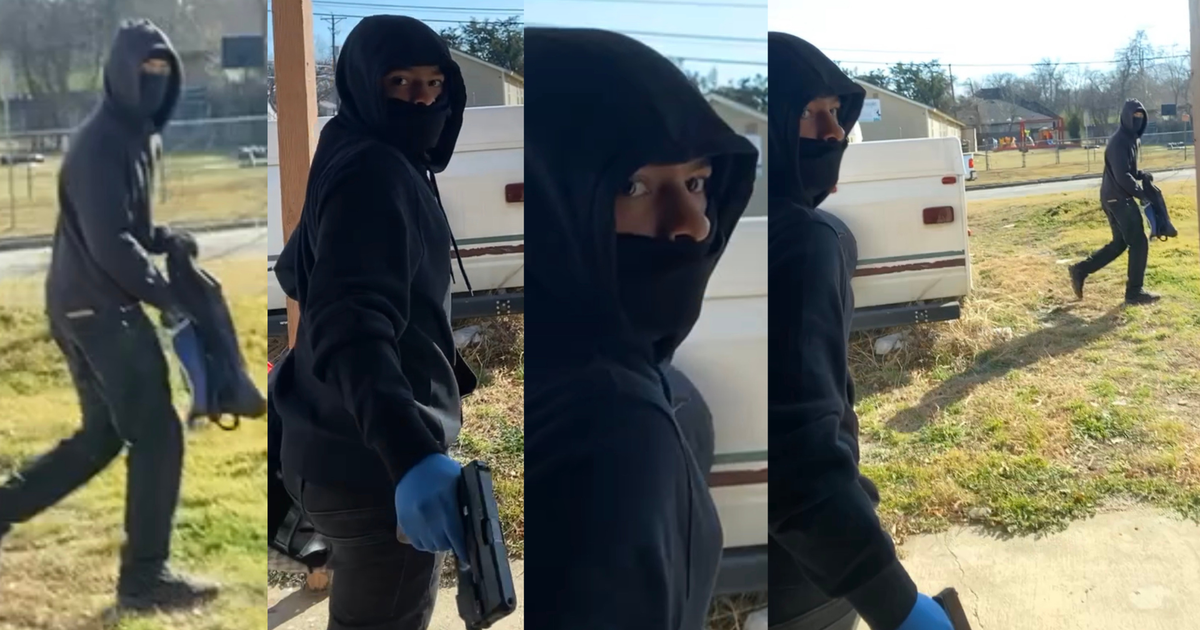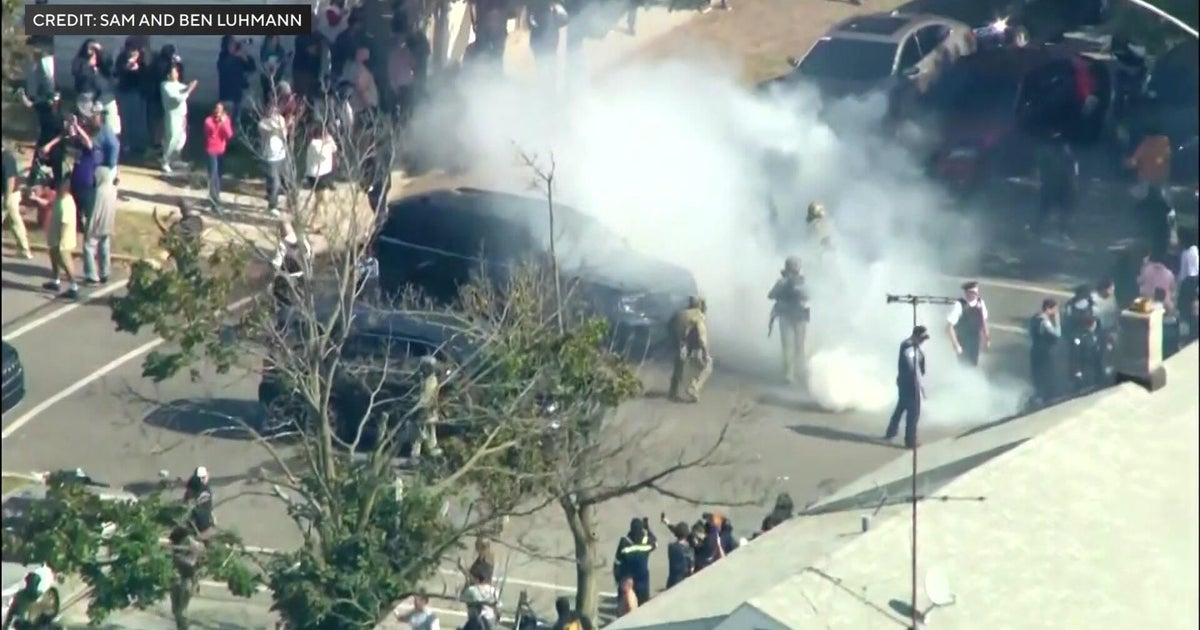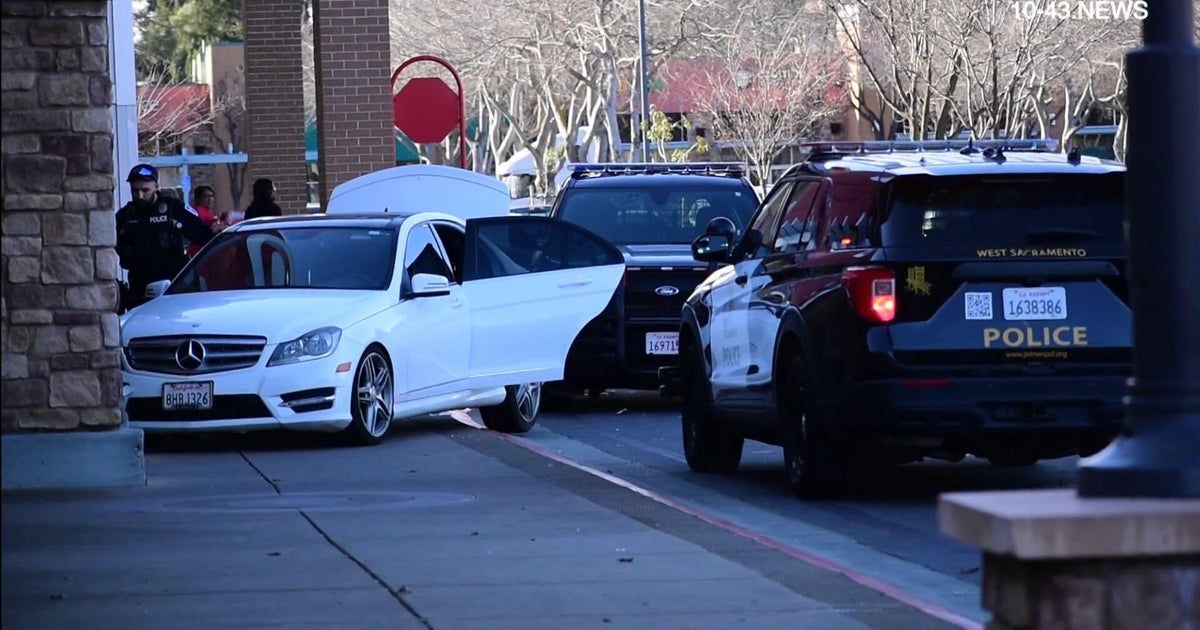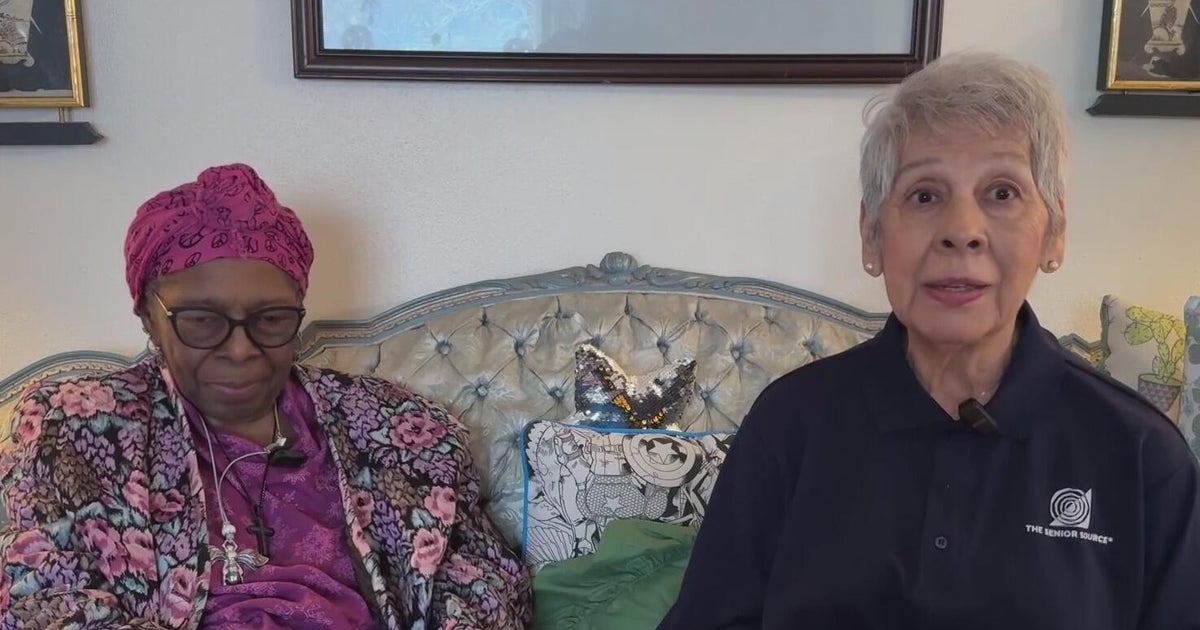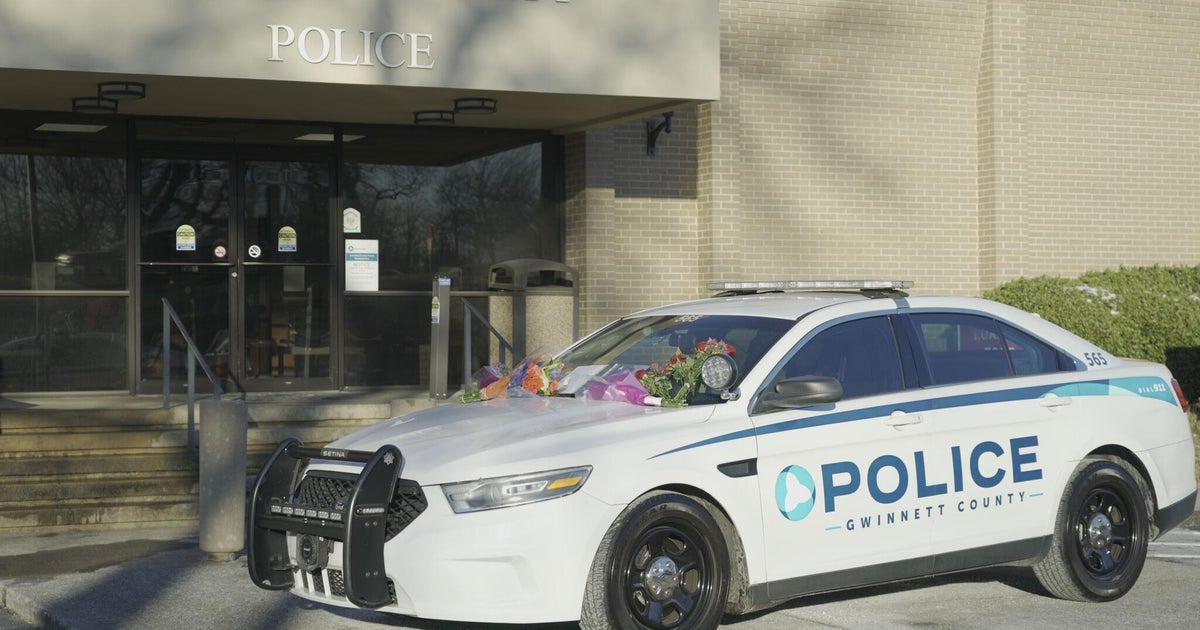Program Seeks To Keep Vets Mentally Healthy And Free
STILLWATER, Minn. (WCCO) -- For former Army ranger Hector Matascastillo the stresses of 13 military deployments finally took a toll. On Jan. 24, 2004, Matascastillo suffered a horrible flashback at his Lakeville home.
At the end of the episode, he found himself surrounded by police, guns drawn. Only Matascastillo didn't realize the men around him were trying to help; instead, he thought he was again engaged in combat.
"I ended up on my front lawn with two pistols in my hands and eight Lakeville police officers trying to bring me back from where I was," Matascastillo said. "As soon as I realized where I was, then it became a matter of: Do I really want to live after this?"
Authorities arrested Matascastillo, and he spent three days in jail. There, he received psychological help and was connected to patient care with a local veteran's center.
There's No Shame In Help
It's cases like Matascastillo's that got Washington County Attorney Pete Orput thinking that the judicial system needs to do more to help rehabilitate veterans who suffer from war experiences.
Orput's goal was (and is) to prevent the alarming number of suicides and other destructive behavior that continues to haunt many returning veterans. Thus, the Washington County Vet's Program was formed Monday.
Composed of judges and attorneys, veterans and their advocates, the program hopes to keep small problems from turning into big ones.
The program seeks to match needy veterans with volunteer mentors. They will provide the veteran with a positive role model and someone who can help guide the veteran through the program.
"We're talking about the lower level: a lot of misdemeanor offenses, a lot of the lower level felony offenses get acted out that we can trace back to that untreated post-traumatic stress," Orput said.
In cases where a vet has broken a law and faces prosecution, the courts can consider psychological treatment as a potential alternative to jail.
It was an intervention at just the right moment that spared Matascastillo from becoming a post-battle casualty of war.
"There is no shame in help," Matascastillo said. "There's shame in handcuffs; there's no shame in help."
